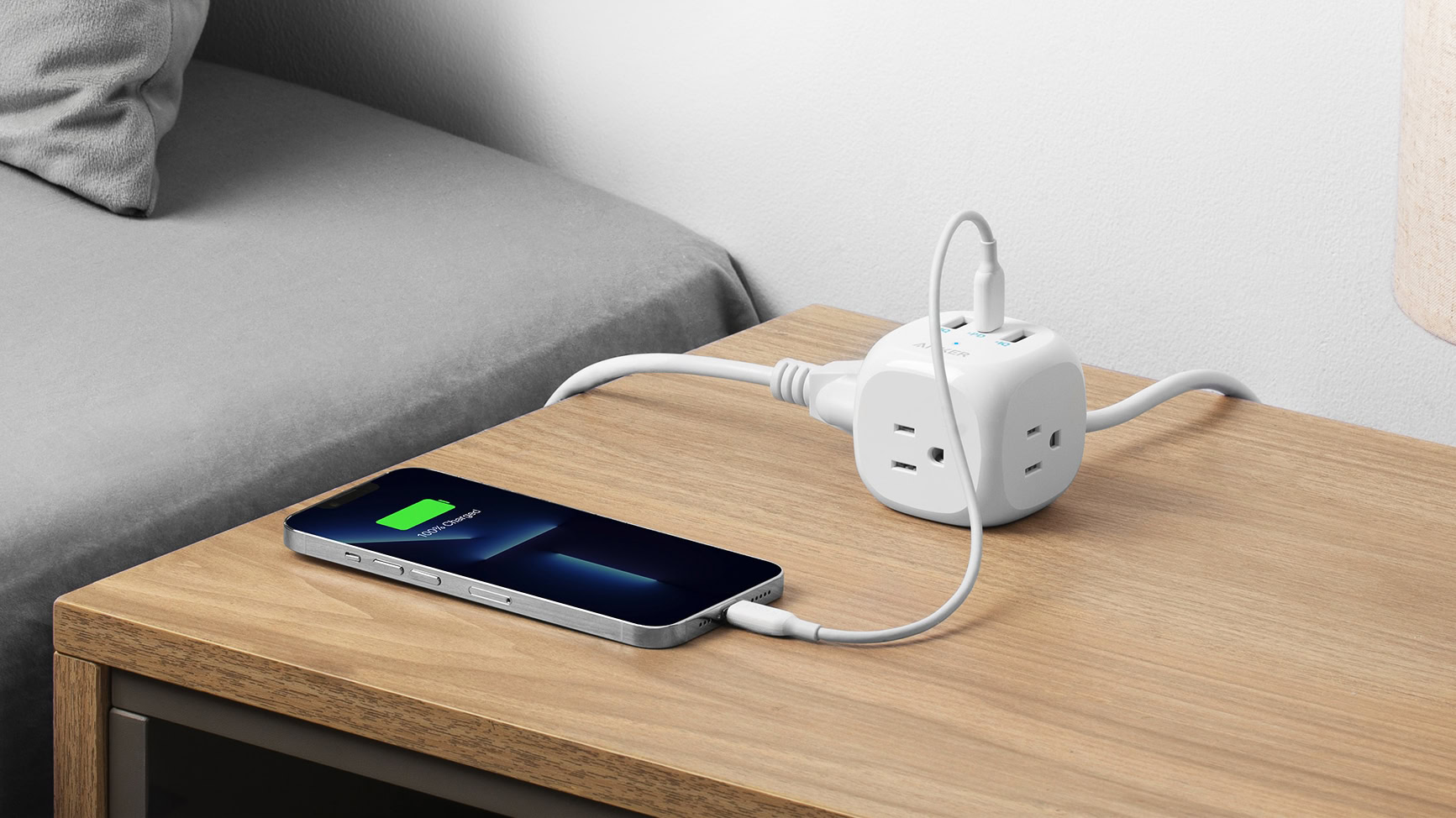Thomas Tuchel is no longer officially unemployed.
More than two months have passed since the German was announced and unveiled at Wembley Stadium as the new England manager. The caveat to his appointment was that his start date would not be until today, January 1.
In that interim period, the 51-year-old former Chelsea and Bayern Munich manager has had plenty of time to think about how he wants to hit the ground running in his new surroundings. There was even time for a trip to Zurich, Switzerland, at the beginning of December for the European qualifying draw for the 2026 men’s World Cup, which is being jointly hosted by the United States, Canada and Mexico.
“I have watched a lot of football matches and I am ready to go,” Tuchel said to a group of journalists, including The Athletic, after the draw.
“We have prepared some processes together with my staff and the people who already work in the FA on how we want things done and how things are done because we understand there is already a lot of quality in the building, a lot of determination.”

Tuchel at the World Cup qualifying draw in December (Photo: FABRICE COFFRINI/AFP via Getty Images)
Since his appointment, Tuchel has remained in Bavaria, Germany, opting against attending England’s November Nations League fixtures against Greece and the Republic of Ireland to give himself a clear shot at the World Cup and, he says, out of respect to Lee Carsley, who had been given a run of six matches by the Football Association (FA) following Gareth Southgate’s departure after Euro 2024.
So, with England’s qualifying group for 2026 set, Tuchel now on the FA’s payroll and plans in place for him to attend Premier League matches ahead of his first squad selection in March, how exactly do you get prepared for day one of life in charge of England’s men’s national team?
Ironically for Tuchel, his first day happens to be a bank holiday in the UK, so you can forget the notion that he will be working away inside St George’s Park — England’s national base — even if it won’t take long for him to embed himself there.
“From January, we will be happy and will be in a lot of stadiums watching games live, seeing players and speaking to players, and also getting a feeling for St George’s (Park) and the people who work there with all their determination and create an atmosphere that carries us all the way,” Tuchel said after the World Cup draw.
Due to his delayed start, there are plenty of formalities to be carried out. He is yet to receive the necessary FA equipment required for the job, such as a work laptop, a formal email address, and some of the more technical software he will need to watch and analyse matches.
That said, he will not be turning up to St George’s Park without a security pass. There will be no awkward run-in with a security guard unwilling to let the new England manager in due to a lack of accreditation. That has already been handled by the FA.
The period between his appointment and start date has given Tuchel and the FA time to sort out the necessary details for his first official day on the payroll. It has been decided he will split his time between England and Germany, where his children are based.
St George’s Park will be his main base but, like Southgate before him, he will also have an office at Wembley Stadium, along with Carsley, now back leading the under-21s, and Sarina Wiegman, the women’s team’s manager.
Tuchel has been in regular discussion with John McDermott, the FA’s technical director, and Mark Bullingham, the CEO, while also sorting out what his immediate schedule is going to look like with his executive assistant (the same who was used by Southgate).
Adrian Bevington, who spent 17 years at the FA and left his position as Club England managing director in 2014, is well-versed when it comes to the introduction to life as a new England manager, having worked closely with several.
“Prior to St George’s Park opening, all the managers spent their first day at either Lancaster Gate, Soho Square, and then Wembley Stadium,” Bevington told The Athletic. “You want Thomas to meet the key individuals who will be the nucleus of the core team around him.
“I remember very vividly with Roy Hodgson, when he was appointed, taking him on a tour of all the departments at Wembley Stadium. Both him and David Bernstein, the chairman, wandered around every department and Roy and David said a few words. It was both formal and informal.
“I think it’s really important for any football club or football organisation that people, not just on the football side of the business who wouldn’t have too much access to the football manager, get an opportunity to actually feel that they’re part of the same thing.
“I’m sure there’ll be plans put in place for Thomas when he spends his first day at St George’s Park to be very visible.”
This sentiment is echoed by David Davies, who worked at the FA between 1994 and 2006, serving in multiple senior roles including executive director, and was responsible for overseeing several first days on the job, with Glenn Hoddle, Kevin Keegan and Sven-Goran Eriksson all being appointed during his tenure.

England manager Keegan (left) alongside Davies in 2000 (Ian Walton/ALLSPORT)
“I think it’s very important that the manager isn’t seen as from another planet,” Davies tells The Athletic. “Terry Venables was unbelievably good at that, as was Glenn.”
There are plans in place for Tuchel to meet FA staffers at Wembley and plenty of thought has been given to how he’ll spend his first month in the job.
Bevington noted that even details such as who will sit down with Tuchel to eat lunch on his first day is something that would have been given some thought.
“Day one is, more often than not, not a true day because there’s a bit of window dressing that goes around it,” Bevington added. “I can’t say that we took any managers through the fire drill, to be fair!
“It would be fair to say it was a bit light on health and safety, but, yes, he will want to know where the nearest toilets are, where the canteen is, where’s the coffee machine and so on.
“What they won’t be doing on day one is showing him to his office and leaving him to it. It’s about making sure the new manager feels at home.
“You might not want to overload them in the first few hours with absolutely everybody trying to meet them. But most of the managers that I’ve worked with have been very interested in the people that they end up working with from the different departments.
“Roy Hodgson was meticulous in finding out the names of people’s families and asking about how they’re getting on and things like that. That was important to him.”
Tuchel said in Zurich that he will sit down with Carsley to discuss the “famous handover” left by the under-21s manager, and those conversations are expected to happen relatively quickly.
Davies believes “any manager worth his salt” should immediately contact his predecessor to get a rundown on everything worth knowing about the role.
“I have no reason to think that Tuchel won’t talk with Lee Carsley and Ashley Cole, but also Gareth Southgate,” Davies says. “I know Gareth will make himself available and will pass on everything that a new England manager would want to know.”
Whether that happens over lunch at St George’s Park or in Tuchel’s office, however, remains to be seen.

Hodgson and Bevington in 2014 (Photo: Jonne Roriz/The FA via Getty Images)
Tuchel talks fondly of Carsley, clearly aware of the difficulties of managing a squad when all the players know the job is only his temporarily. And by the German delaying his start date, the pair managed to avoid what Davies experienced with Venables and Hoddle.
It had been announced that Venables would be leaving the England job after Euro 96, with Hoddle replacing him. Davies remembers the period well, especially as he was the one in the middle of the juggling act.
“We couldn’t get to a situation with World Cup qualification starting almost immediately after Euro 96 of not having a coach,” Davies says. “There was a joint press conference with Hoddle and Venables in March 1996. The hope was that it was going to be a smooth transition.”
And was it?
“I would say the transition was bumpy,” Davies continues. “Terry was very uneasy about having the incoming manager at England training. He accepted it was logical for Glenn to be there but he felt players would be listening more to the incoming manager than, perhaps, to him.
“There was also one or two bumpy moments back in London when Glenn wanted to see what facilities he was going to have at Lancaster Gate. Terry wasn’t particularly enamoured by the idea of another manager looking at his office, measuring the curtains and all that stuff.”
When it comes to Tuchel’s office, Bevington and Davies say it will be tailored to his needs. Some, they say, want multiple desks for their staff, others want to be alone.
Eriksson wanted a desk for Tord Grip, his assistant, and Fabio Capello had Franco Baldini in his office. It is not yet known whether Tuchel will have Anthony Barry, his assistant, present.
The situation of Eriksson — England’s first foreign manager — was perhaps the most similar to Tuchel’s in terms of the gap between his appointment and start date. The Swede was managing Lazio in Serie A at the time, and had signed a deal in October 2000 to take charge of the national team in June 2001.
During that interim period, which was cut short by three months after Eriksson resigned from Lazio, Davies recalls “weekly conversations” with Eriksson, where no topic was off limits when it came to helping the Swede get ready for his new role.
Tuchel has had the same afforded to him in the regular conversations he has had with McDermott and Bullingham. Much of these talks have been to do with the final appointments to the German’s backroom staff, which is viewed as an immediate priority by both Tuchel and the FA.
There is no doubt Tuchel has already given plenty of thought to England’s World Cup qualifiers against Albania and Latvia at Wembley in March, which will be his first opportunity to work with the squad he selects.
In his dealings with the media since his unveiling, Tuchel has been warm, engaging and understanding of the job he has accepted. Tuchel and the FA’s sole objective is to win the World Cup in 2026. Anything less, in Tuchel’s own words, will be deemed a failure.
The reaction to his appointment has been mixed in the UK media due to the fact he is German, not English. Tuchel knows this, and says the onus is on him to “prove himself” and show why it is his “dream job”.
One way, in Bevington’s eyes, for Tuchel to set the right tone from day one would be to show those he’ll be working alongside just how much he cares.
“You can imagine if you are someone who is not part of the senior management and the new England manager walks in the building and he’s come over and shakes your hand and introduced himself and asked who you are and what you do, then you are going to feel about 10ft tall,” Bevington says.
“That is what day one is all about.”
(Photo: Eddie Keogh — The FA/The FA via Getty Images)










